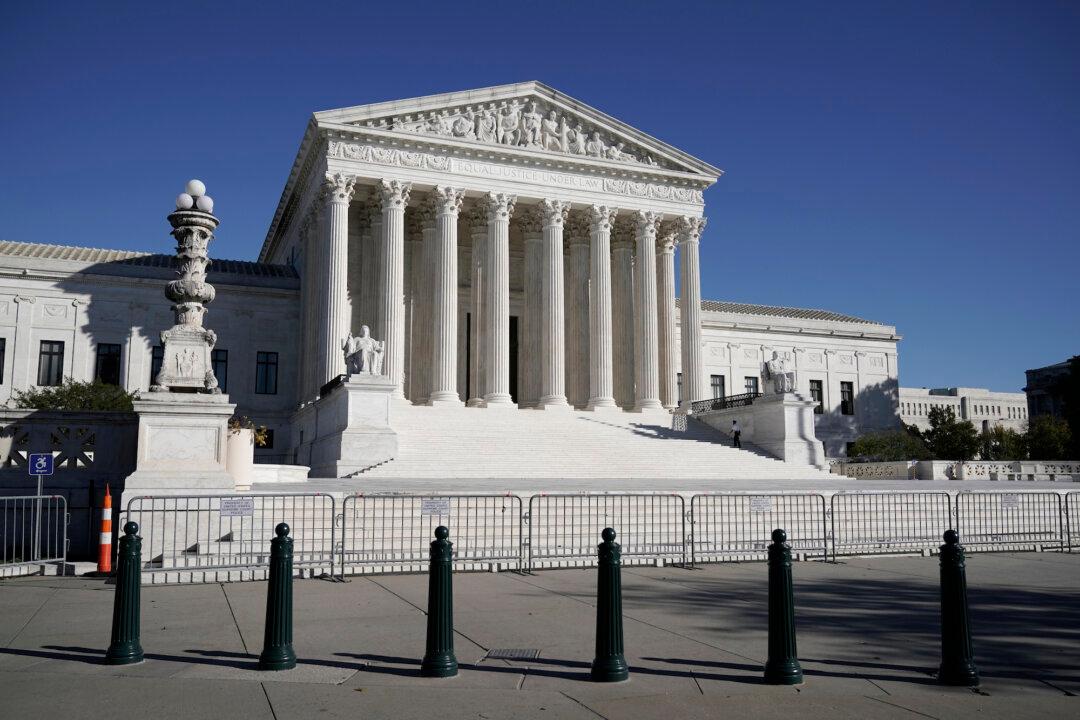The Supreme Court refused to take up an appeal that could have resulted in a different standard for when employers must accommodate the religious beliefs of employees, but two justices objected to the decision in a strongly worded dissent.
The case is Small v. Memphis Light, Gas and Water, court file 19-1388. The Supreme Court denied Small’s petition for certiorari, or review, in an unsigned order April 5 without explaining why, as is its custom when refusing to hear cases.





